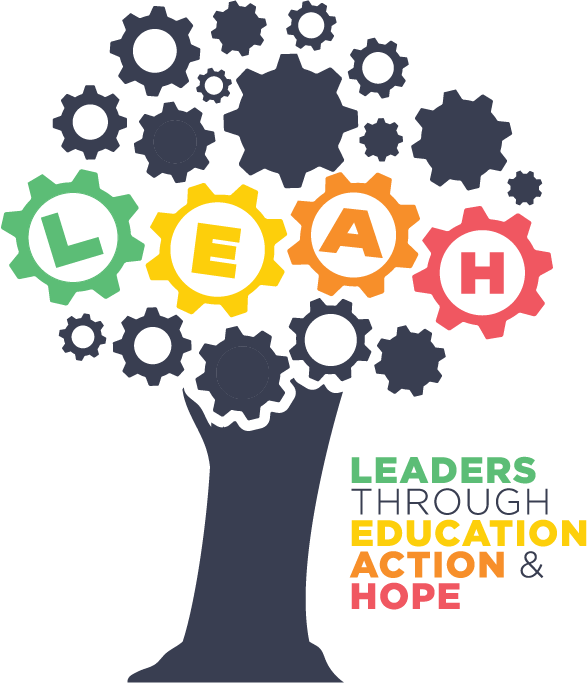HISTORY OF THE LEAH PROJECT
The LEAH Project was inspired by the life of Leah Deni, an extraordinary youth director who was passionate about science and providing out-of-school time opportunities for underprivileged youth until her sudden death at age 25. To honor her memory, Boston Public Schools and the Urban Ecology Institute developed the LEAH Project, and, in 2013, oversaw its transition to Health Resources in Action. Since its start in 2005, the LEAH Project has trained more than 225 high school youth and has engaged more than 7,000 elementary school youth.
IN MEMORY OF LEAH DENI, 1979 – 2004
How to measure the impact of a life, especially one as brief as Leah Deni’s? Not in numbers of days spent on this precious earth. Perhaps it is best measured in terms of treasured connections; self to friends, friends to each other, music to art, art to science, communities to their surroundings.
Leah never took the natural world for granted. She and her childhood best friend played outdoors, investigating bugs and deer and birds, creating a magical world out of what most of us would have thought was a pretty ordinary spot of woods. Connecting young and old to the natural world and conserving that world became a passion for her.
Leah pursued a degree in bio anthropology at Swarthmore College, reveling in the way her school encouraged service to others, empowerment of the learner, and the joy of hardcore scholarship. She received funding from the college to create a program called Higher Ground through which she and her friends worked with young girls in Norris Square, PA.
Following college, Leah worked in the White Mountains at Lakes of the Clouds, at Farm and Wilderness, and, finally she found her home with the Urban Ecology Institute. Mentored by extraordinary leaders, Leah immersed herself in the work that seemed the culmination of two decades of growth and appreciation for science, environmental stewardship and community. She was encouraged to dream big dreams and then try to make them happen whether that meant grant writing, leading field trips, conducting classroom sessions or brainstorming with volunteers. As Out-of-School Time Program Director and Partnership Liaison for Urban Ecology Institute, Leah empowered youth to be learners as well as teachers and stewards of the environment.
We will never forget her devotion to the work with urban young people and the energy she brought to all of the groups with which she worked. Her bright spirit and enthusiasm were contagious. Leah approached every task with tremendous energy, talent and compassion. And as her students grew, she did as well.
Leah became ill in November and died on December 22, 2004. Those of us who knew and loved her fought grief and frank disbelief that someone so strong and vibrant could die. There was a desire to create something that would continue the work about which she was so passionate.
In 2005, we received an outpouring of support from Leah’s family, friends, neighbors, and former classmates to create a living memorial, the Leaders through Education, Action & Hope (LEAH) Project.
Today the lives enriched through LEAH remain her gift to us and our tribute to her. She may have been the first Leah, but with support, there will be many LEAHs to come.

